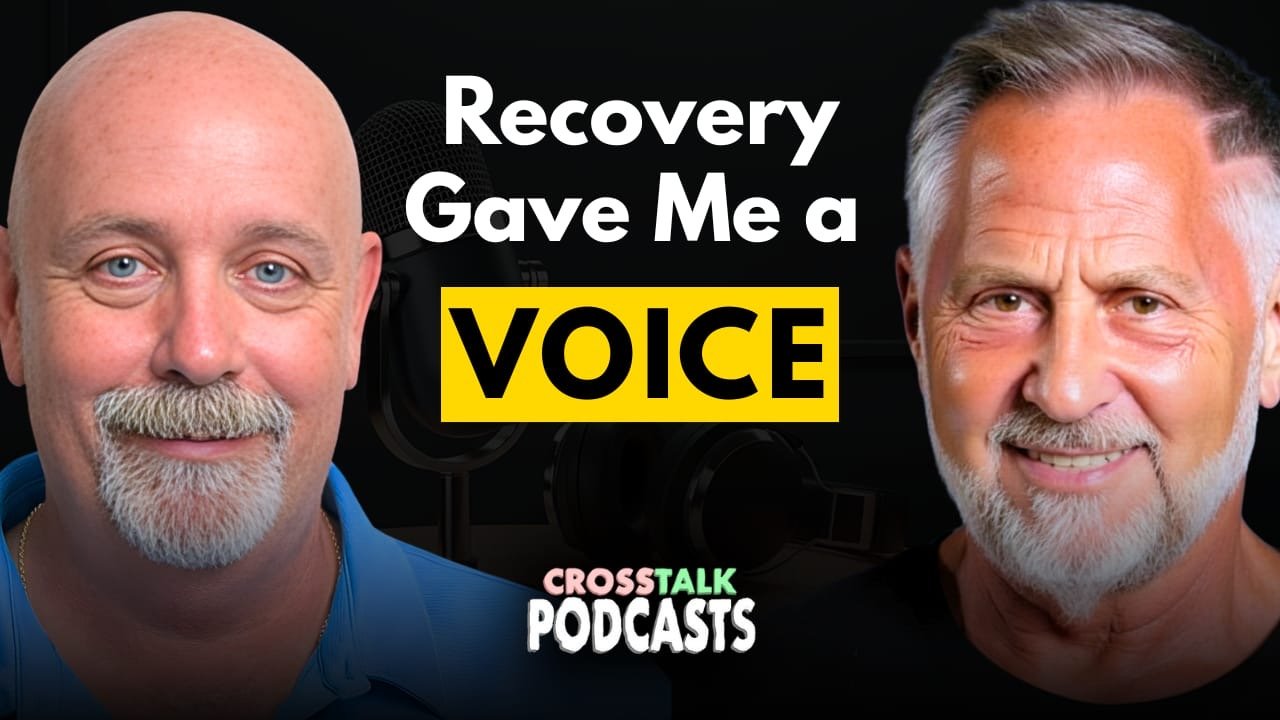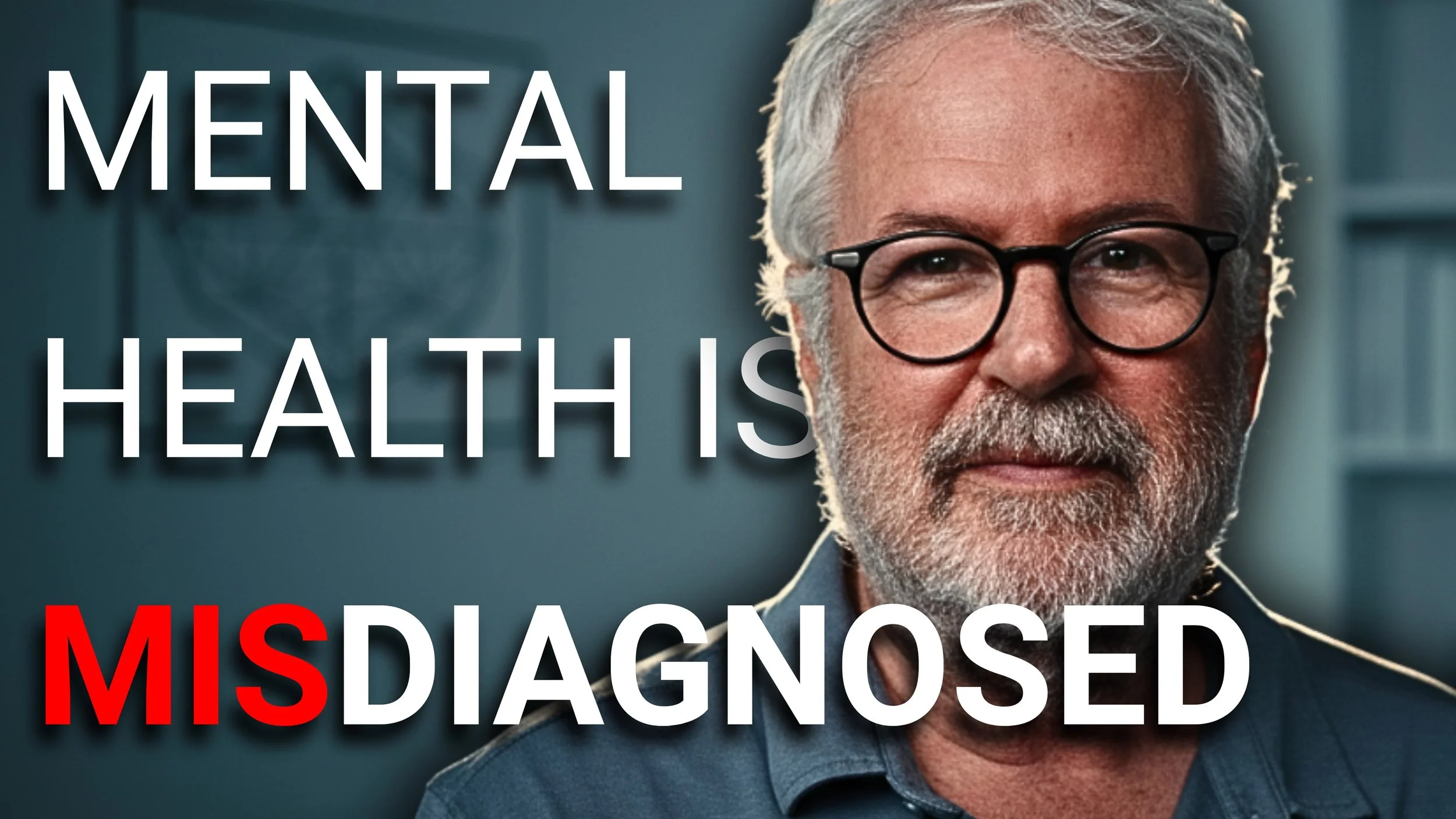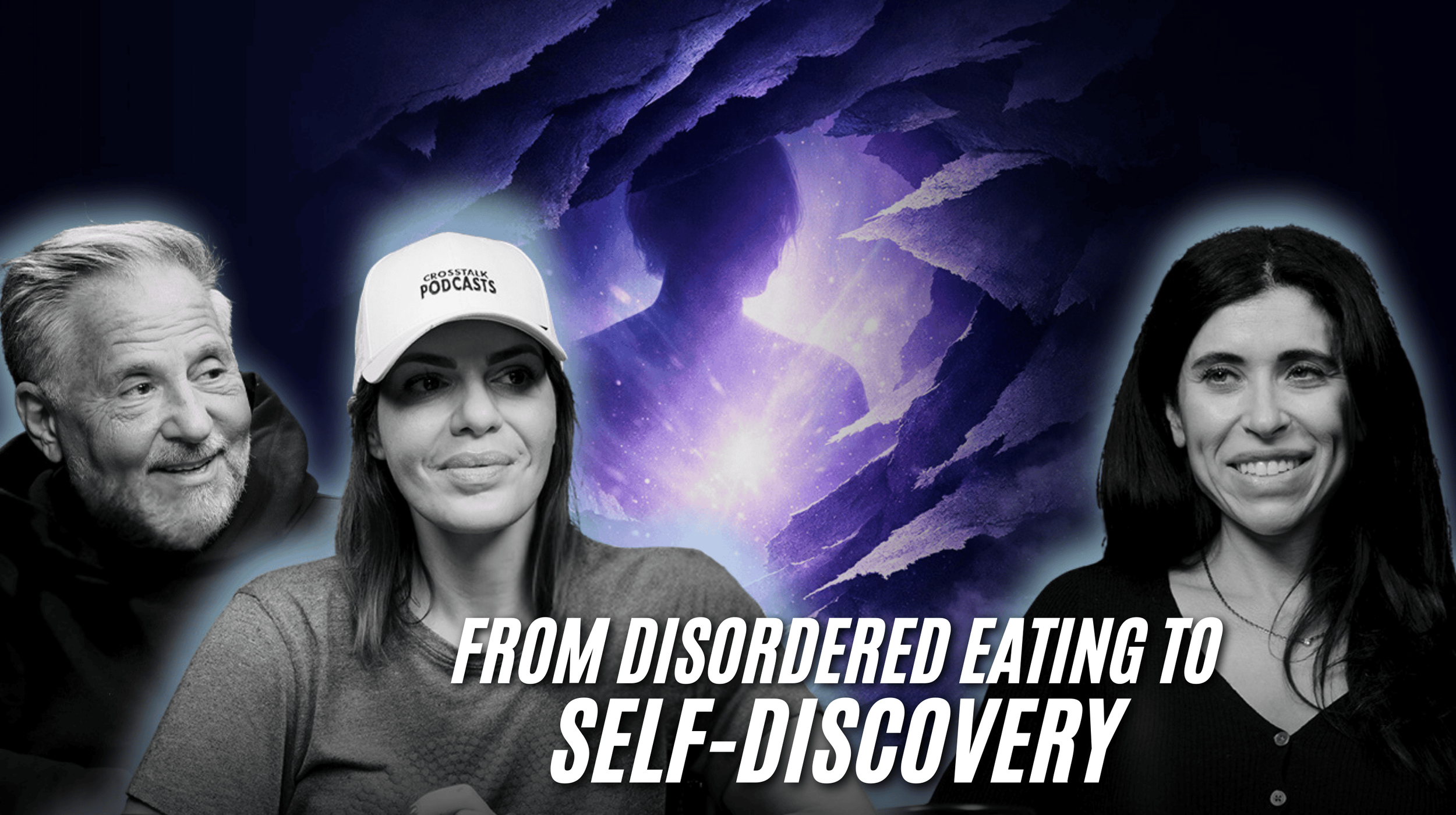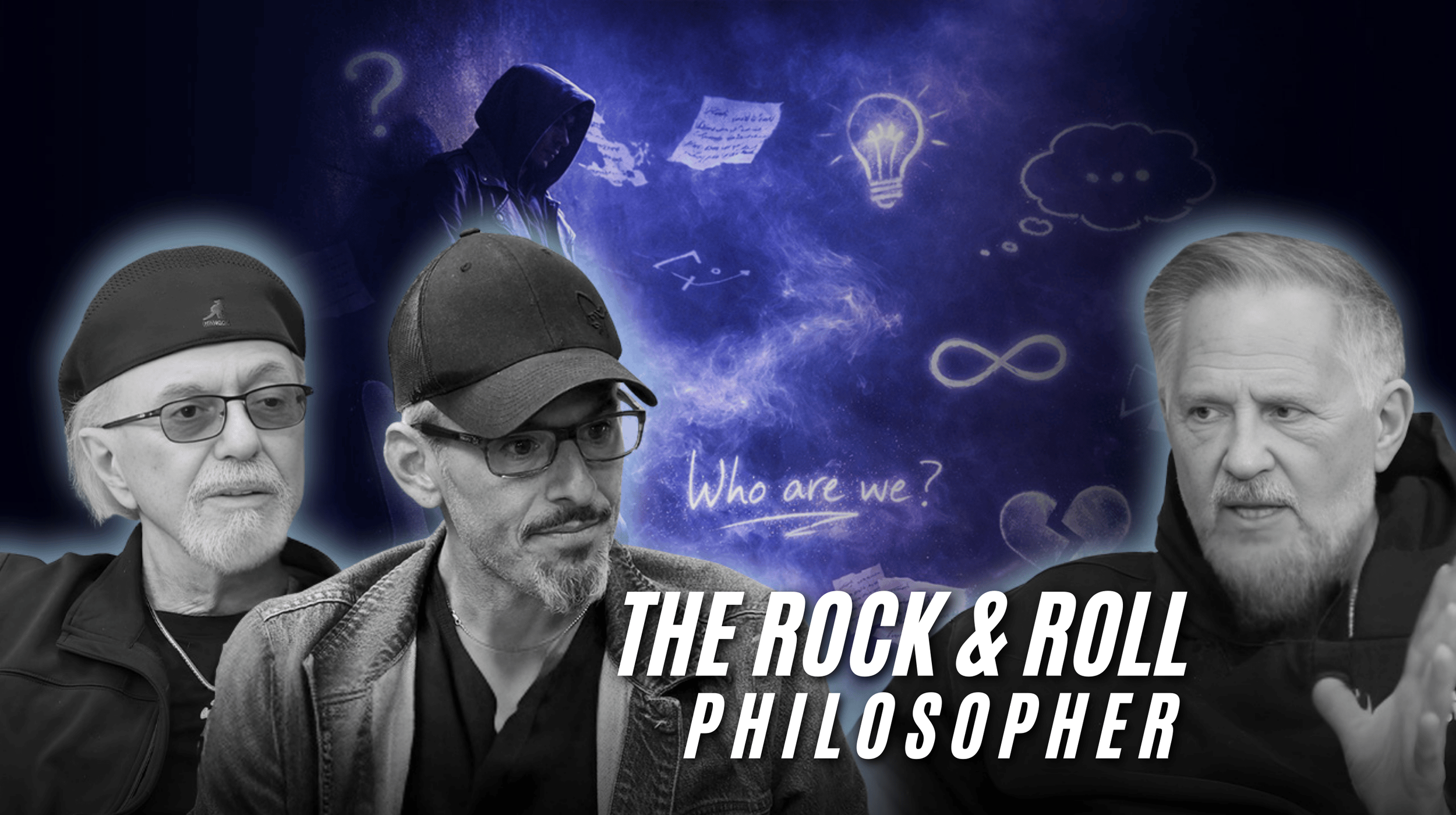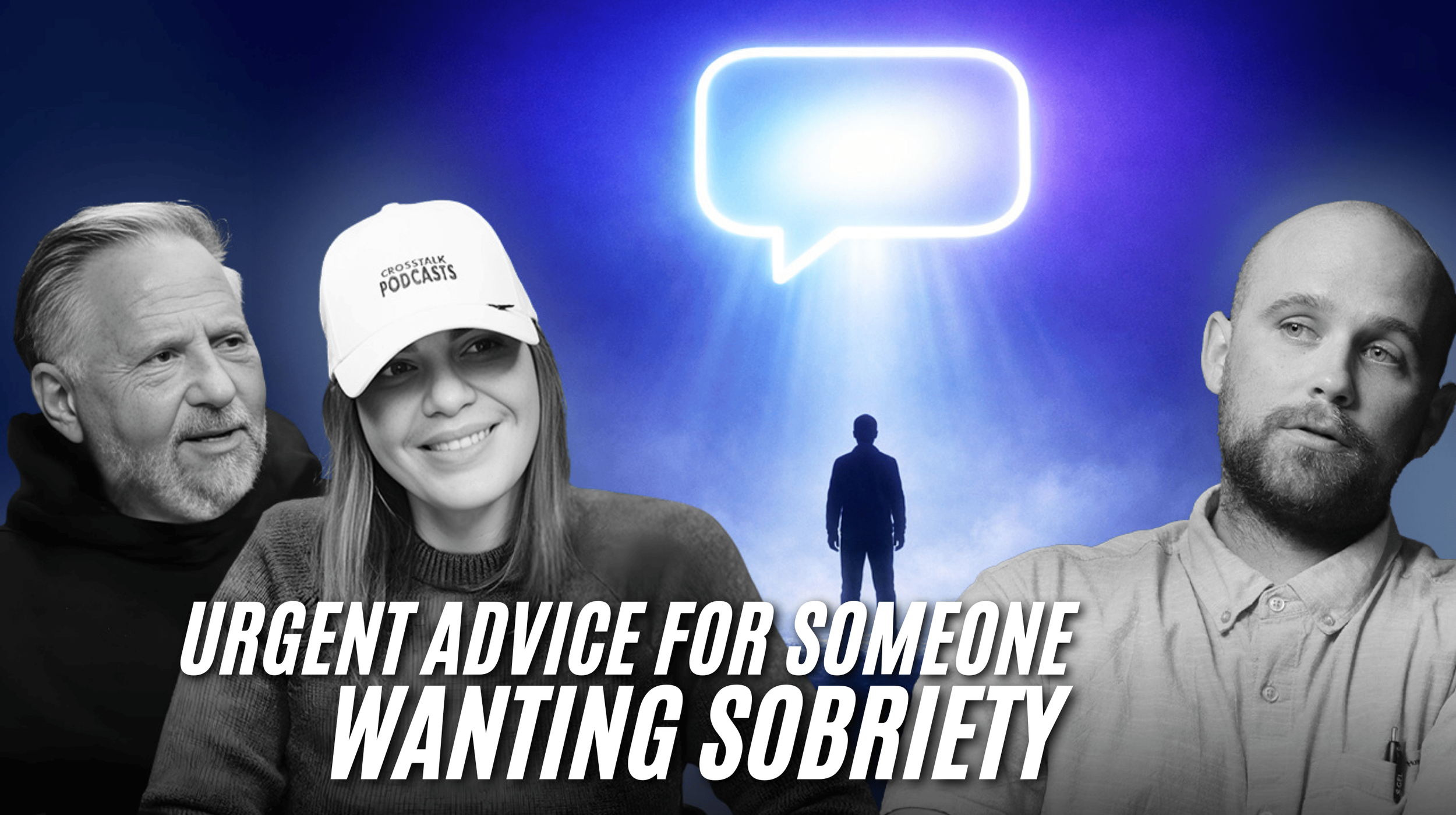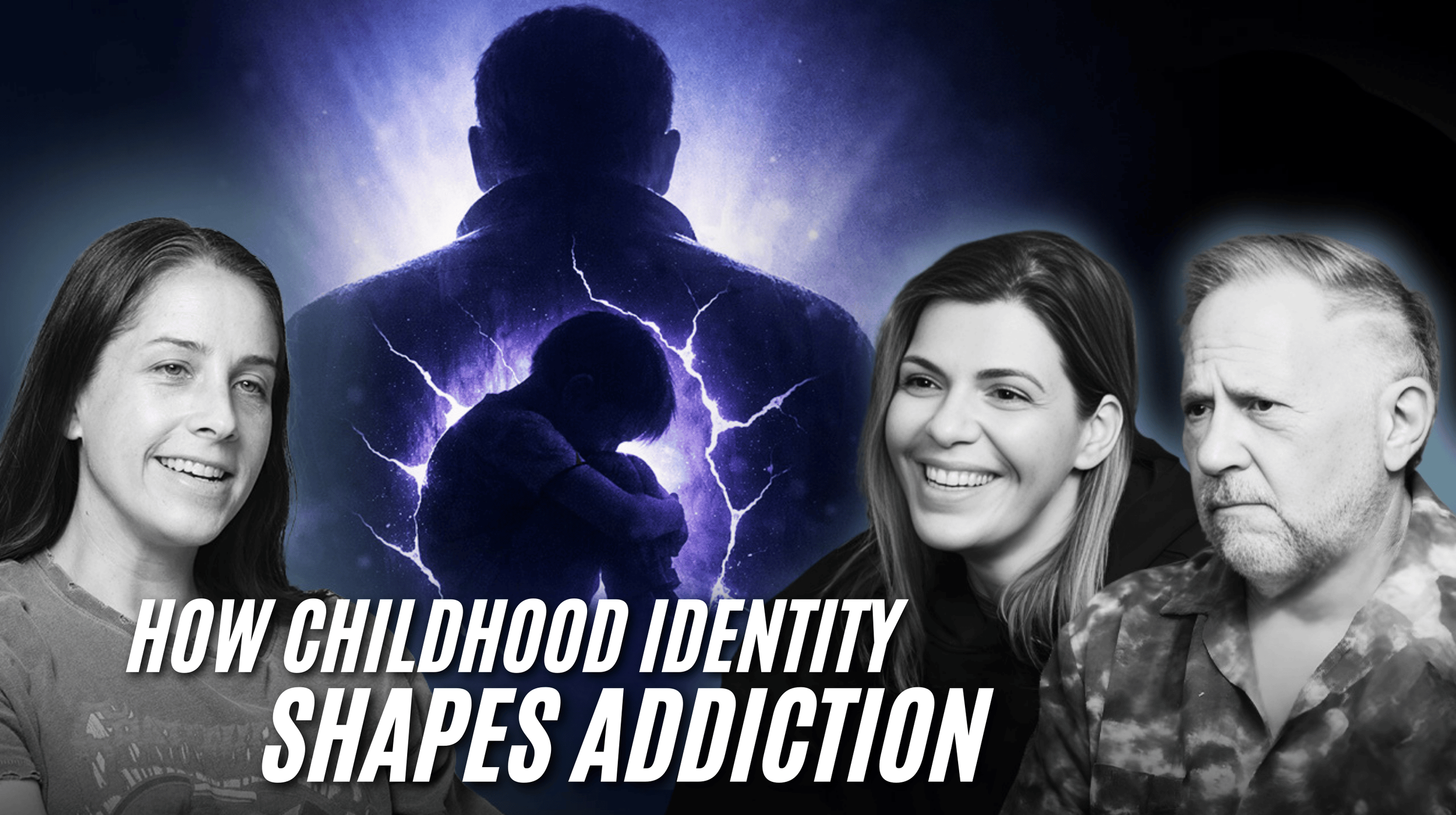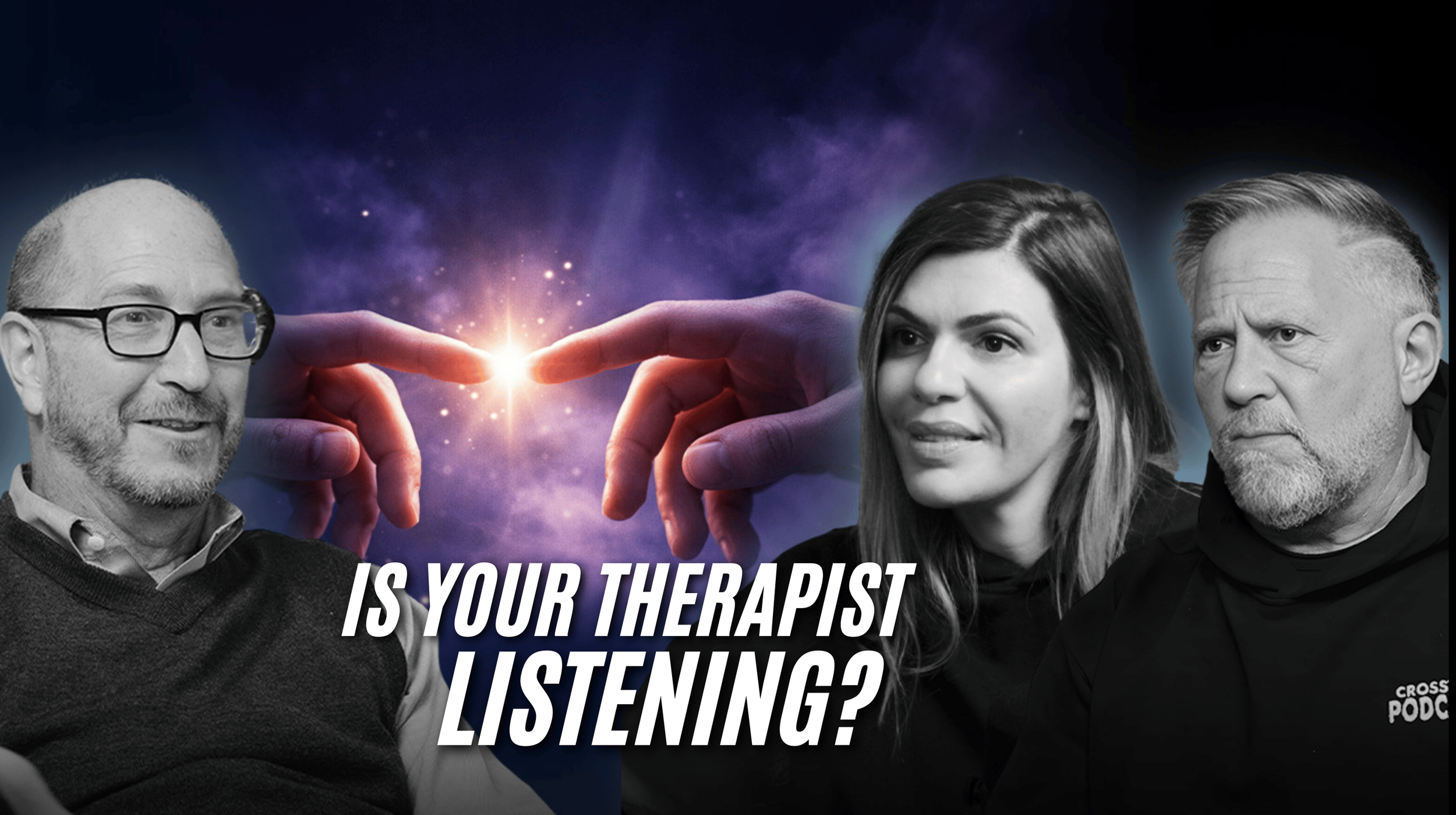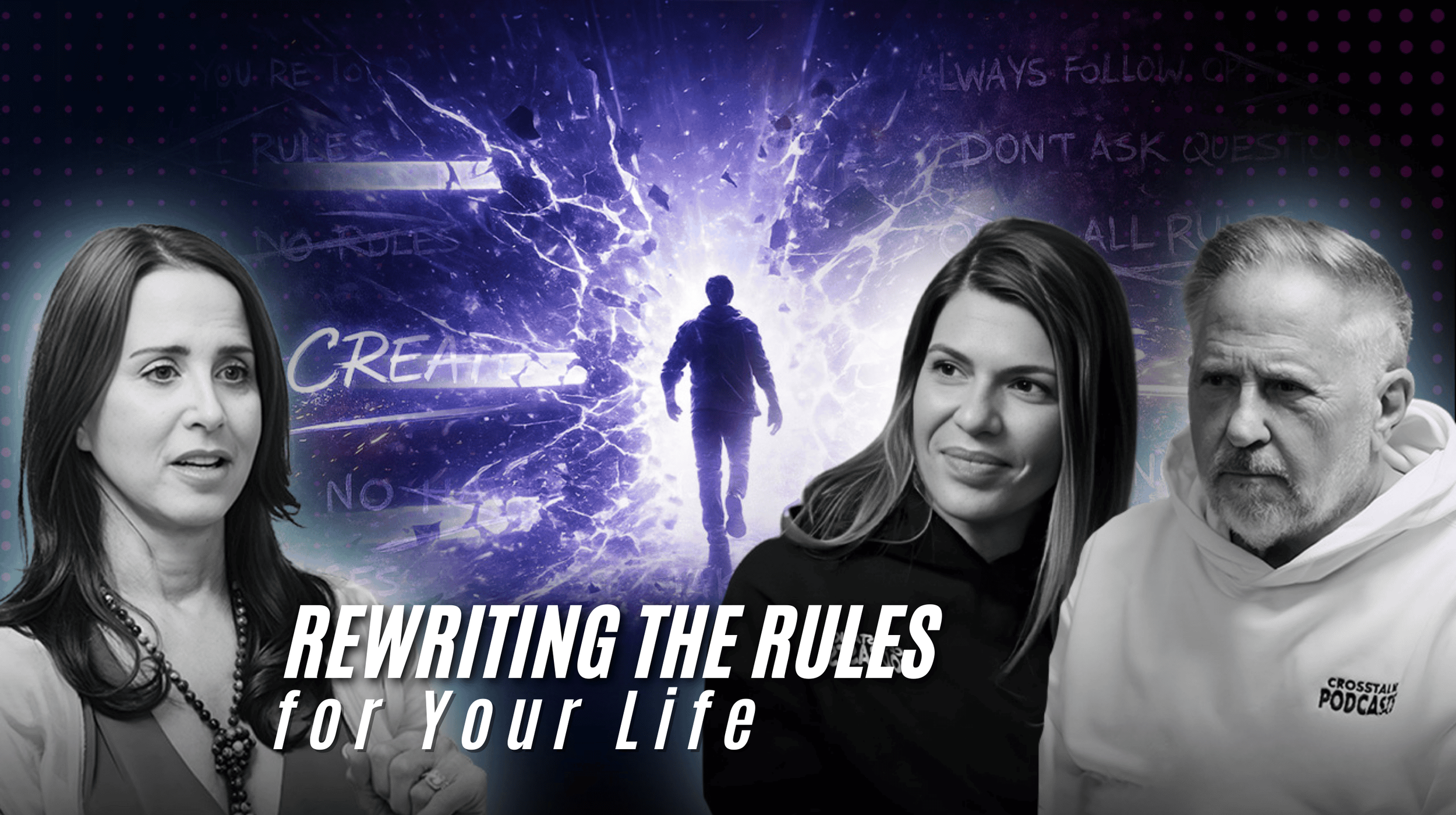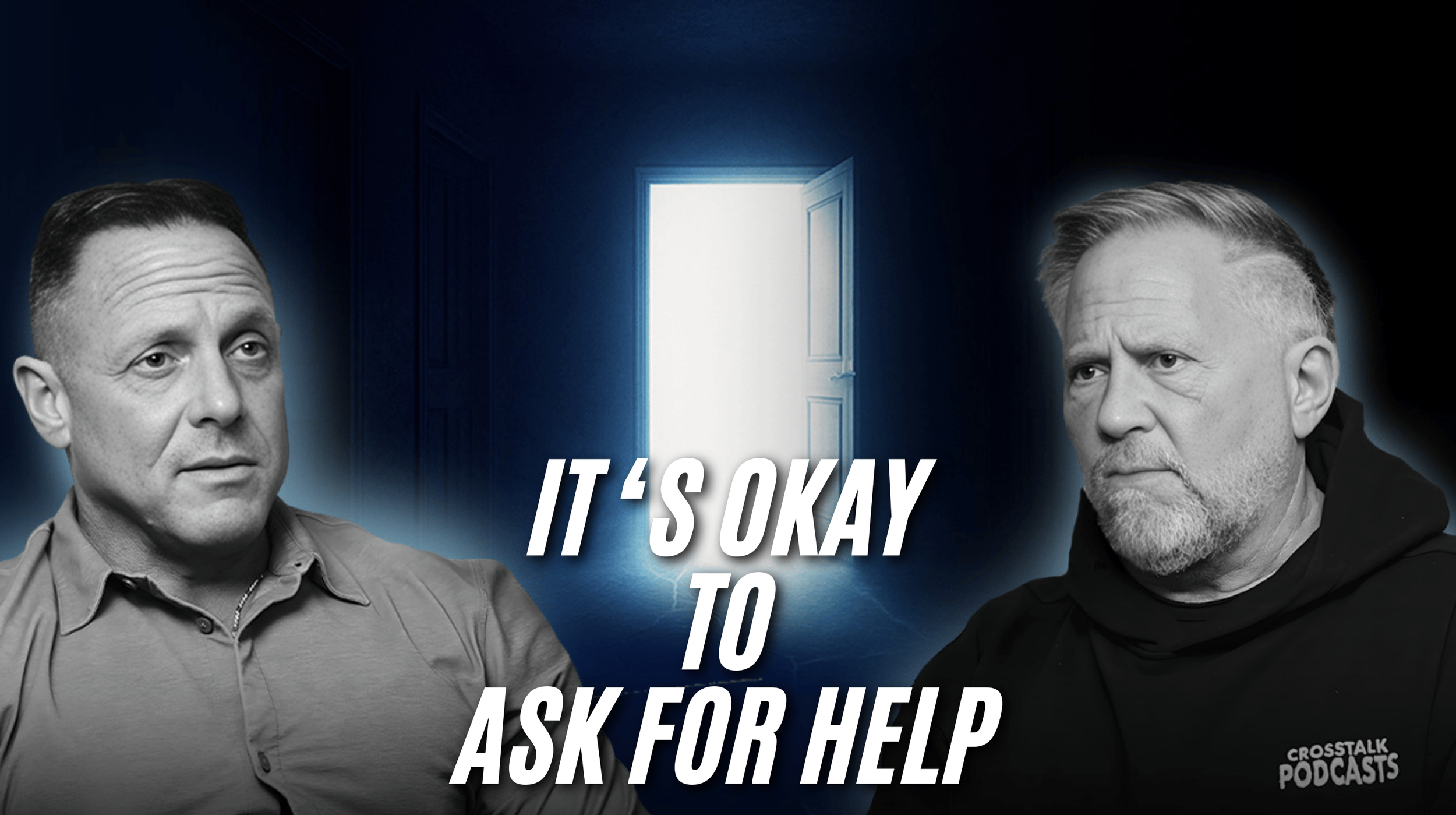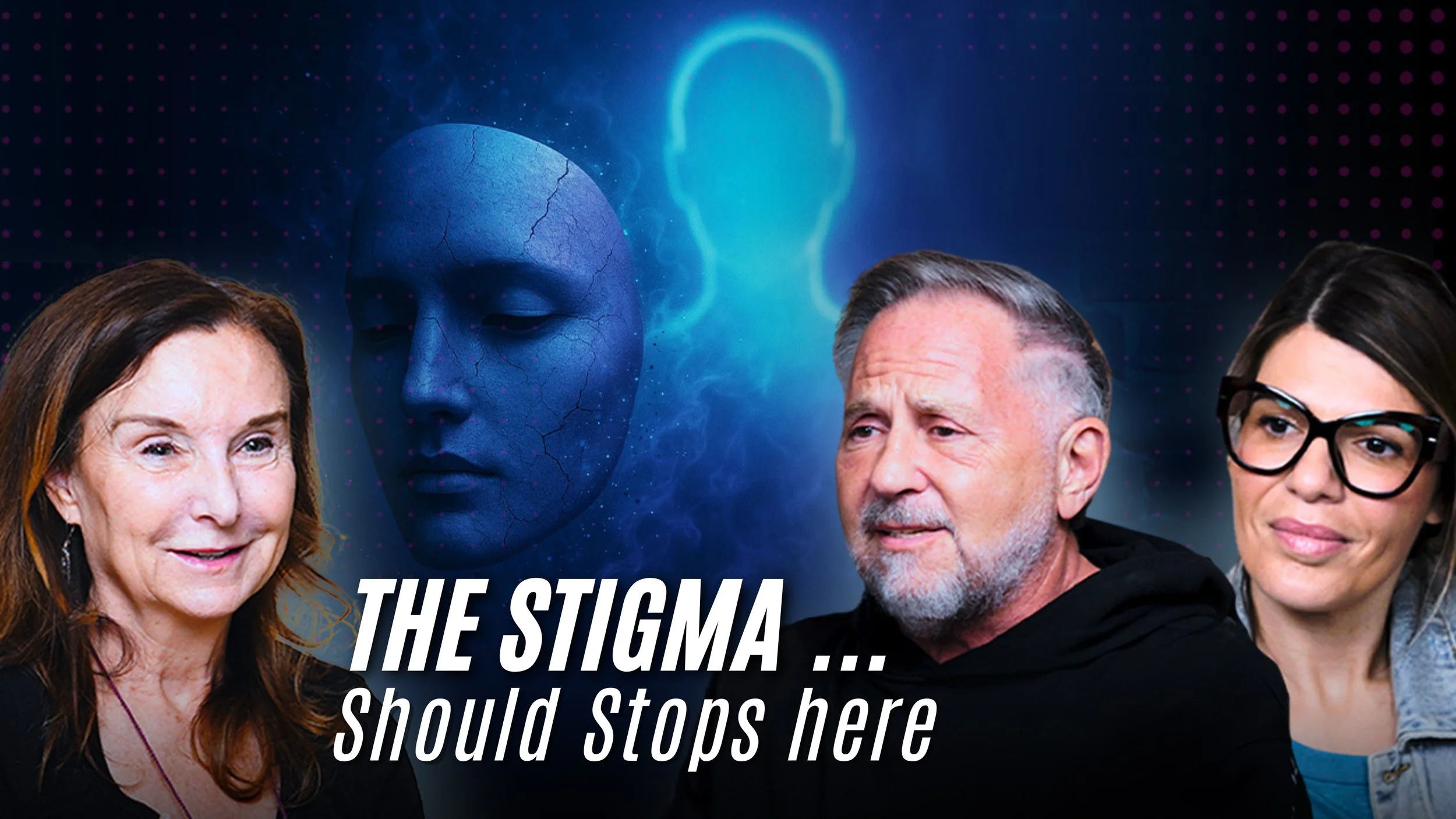Addiction Was the Smallest Part of My Problem | Tonie D.
Listen or watch on your favorite platforms
Tonie Dreyer grew up in chaos, the eldest of seven, surviving childhood molestation, abuse, and neglect. By her twenties, she was a mother of multiple children, homeless, addicted to crack, and caught in a cycle of trauma and survival.
But Toni's story didn’t end there. After prison and years of addiction, a chance meeting with a mental health worker changed her life. Today, she’s a counselor helping others get back on their feet, and reconnecting with the children she once lost.
What Things Looked Like Growing Up
Tonie Dreyer’s childhood wasn’t just difficult—it was traumatic. As the eldest of seven, she was forced into a parental role long before she was ready. “I grew up in sheer chaos,” she recalls, speaking of relentless physical, verbal, and sexual abuse. Her mother, absent in both presence and emotional support, treated her like a dollar sign—someone to be used for survival. One of her most painful memories was being sent to the house of a man who molested her. “We needed money for food or lights,” she said, “and she’d send me to him.” That abuse shaped her identity, self-worth, and the silent rage she would carry into adulthood.
First Time Using a Substance or Engaging in Behavioral Addiction
Though Tonie dabbled with substances around age 18 with an aunt, it wasn’t until her early 20s in the Bronx that addiction sank its teeth into her. By then, she had multiple children, was living with her mother again, and felt emotionally broken. A neighbor introduced her to crack cocaine, and Tonie remembers the moment vividly: “It made me not think, feel, care nothing.” That emptiness felt like relief. It numbed decades of unspoken pain, and for the first time, silence didn’t feel like suffering.
Active using or Active behavioral addiction
Her life spiraled quickly. Homeless, jobless, and separated from her children, Tonie became trapped in a cycle of survival. She sold drugs not to get rich, but to avoid selling her body. She was arrested multiple times and cycled in and out of prison. “I lived to use and used to live,” she says. Even then, she didn’t recognize her underlying mental health issues. “I thought I just needed to stop getting high. I had no idea what schizophrenia even was.” Hallucinations, emotional outbursts, and fear ruled her life. The drugs weren’t the only prison—her own mind was keeping her locked away.
Hitting bottom
Tonie’s lowest point came not in a jail cell or on the streets, but in the terrifying silence of detox. When she finally stopped using, she had to face herself. “I didn’t know me,” she said. “I didn’t know how to feel or what to think.” It wasn’t until a random appointment with a mental health counselor named Paul that her healing truly began. “He wouldn’t give up on me, even when I was nasty to him,” she recalls. Diagnosed with schizophrenia, Tonie began the long and painful process of treatment, not just for addiction, but for a lifetime of trauma. The real recovery started not with sobriety, but with truth.
Getting help
Paul became a lifeline. His compassion, consistency, and guidance gave Tony permission to open up and begin healing. Therapy, medication, and grace especially grace, became part of her new foundation. “Getting clean was discovering who I was,” she said. “I’d never met myself before.” She learned how to set boundaries, stop people-pleasing, and own her truth without shame. “Drugs were the smallest part of the problem,” she realized. Recovery meant going deeper, excavating decades of abuse, and confronting a mother who had once handed her over to abusers. And yet, she forgave.
What Things Look Like Today
Today, Tony works as the Women’s Specialist with the CASES New Start program, helping women who have been arrested on misdemeanor charges find a new way forward. She’s reconnected with several of her children and even met her grandson for the first time when her son showed up at her job. “I’d been running from motherhood,” she says. “I thought I’d be just like my mom. But now I know—I would’ve been an amazing mom.” She travels with her grandson, helps others build boundaries, and shares her story to help others reclaim their own. “We’re going to survive,” she says. “Not just survive—thrive.”
FAQs
1. How does trauma impact addiction?
Trauma can create emotional wounds that people try to numb through substance use or behaviors.
2. Can addiction be treated without addressing mental health?
Rarely. Mental health is often the root cause, and both must be addressed for lasting recovery.
3. What is schizophrenia and how is it linked to substance abuse?
Schizophrenia is a severe mental disorder; in Tony's case, it fueled hallucinations that were masked by drug use.
4. How can someone start recovering if they’re still using?
Start by speaking honestly in treatment or therapy—it opens the door to real healing.
5. What role does forgiveness play in recovery?
Forgiveness, especially of oneself and loved ones, is a powerful step toward peace and transformation.
Related episodes
ABOUT CROSSTALK
CROSSTALK reveals real stories of everyday people and notable figures, sharing their journeys from struggles to life-changing 'aha' moments with all kinds .


 Spotify
Spotify





